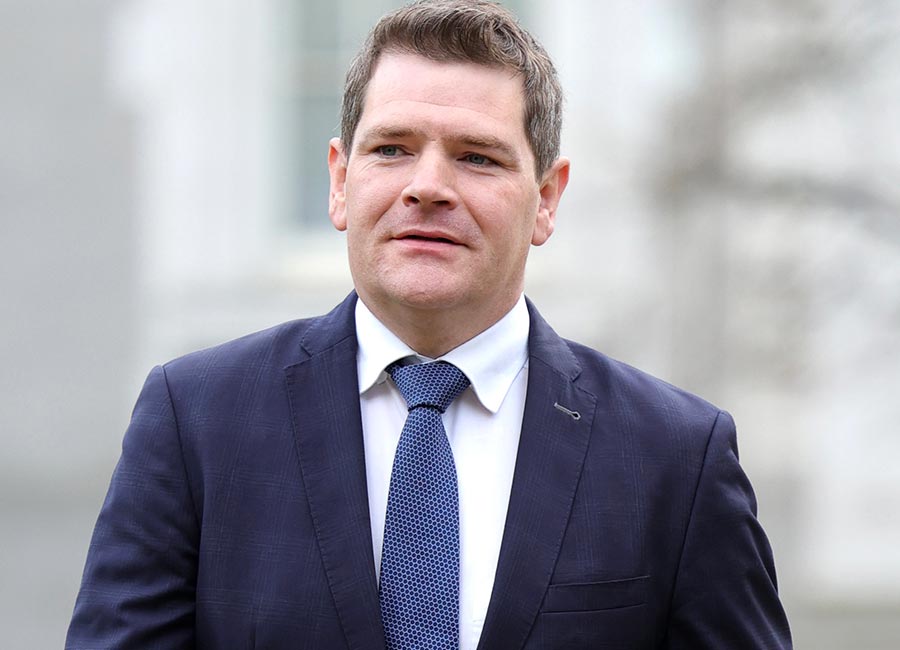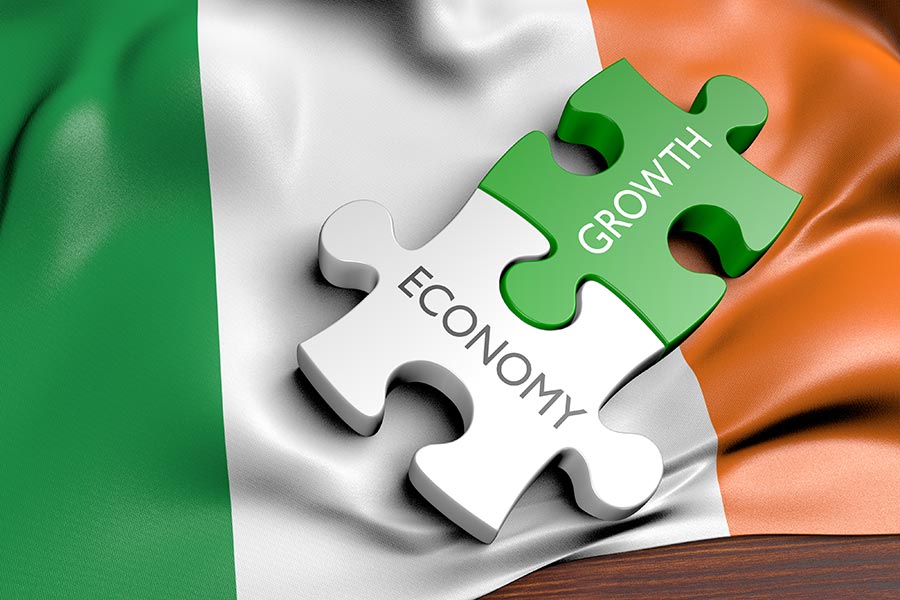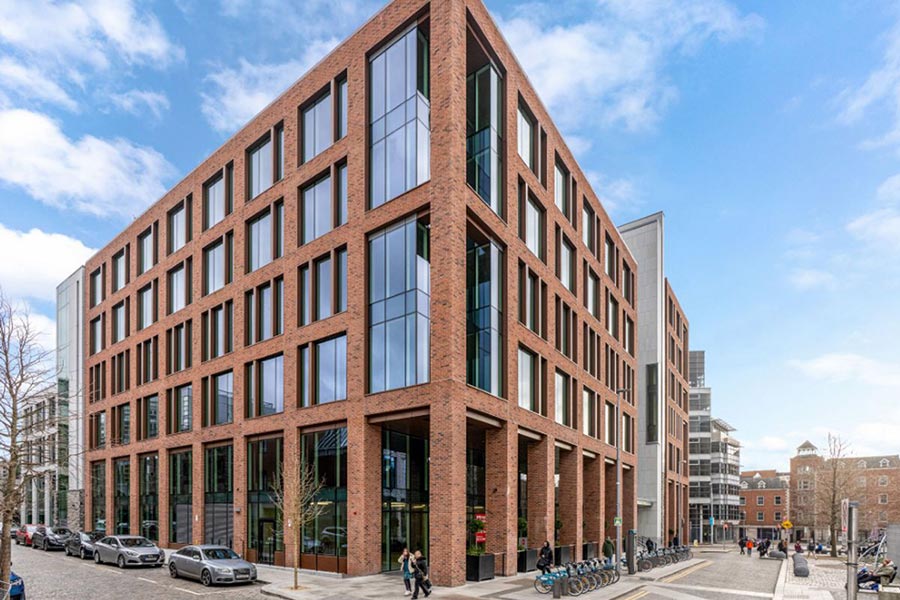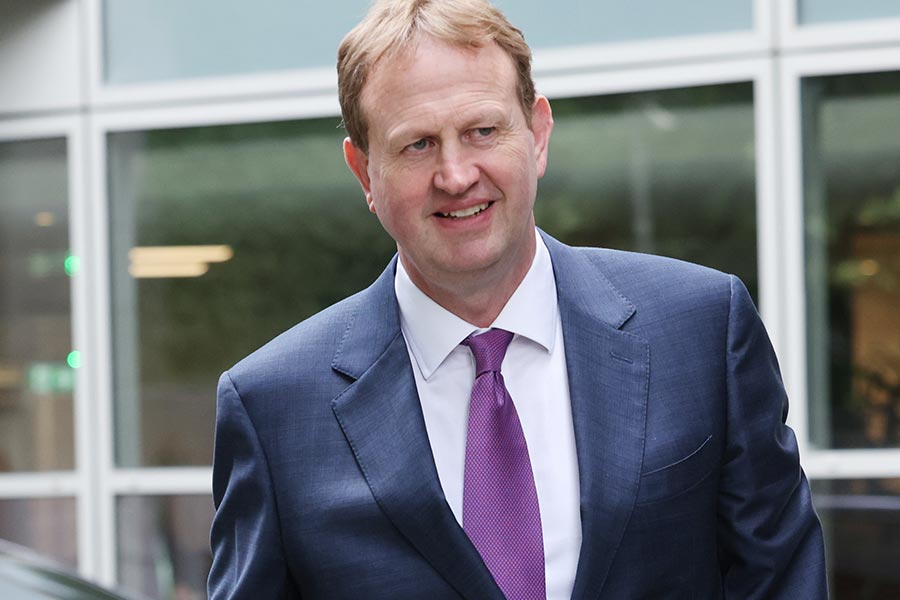It’s no coincidence that of the 19 people who will attend the weekly meetings of cabinet, only one of them has retained the same job from the last government, writes Gavan Reilly.
Fine Gael was determined to hang onto the enterprise portfolio amid the carve-up of departments, and it would have been senseless under any circumstances — let alone with a global trade shock on the cards — to remove Peter Burke.
It takes months for a minister to fully find their feet in a new department, and Burke’s only been in his for nine.
Frankly, there isn’t time for someone new to learn the ropes anyway.
Donald Trump’s move on day one to withdraw from the OECD’s global tax deals was an ominous warning shot.
It’s a diplomatic tripwire: if Trump could now convince the Republican-controlled US Congress to slash corporate taxes, Ireland’s 15% corporation tax rate would be labelled as ‘penal’ and US companies here would be targeted with disincentives to stay.
That’s before factoring in anything in the area of tariffs, or other tax incentives to reverse corporate inversions.
At this early stage it’s hard to judge whether transferring the “trade” function into the Department of Foreign Affairs is a blessing or a curse.
It helps to have the political heft of Simon Harris on the same cause, but making an omelette requires the breaking of eggs.
Will Enterprise Ireland and the IDA have to answer to both ministers?
How long will it take the two departments to divide their duties?
Burke has received a hospital pass in another area. The programme for government’s primary goal in the enterprise and business fields is creating 300,000 new jobs by the end of 2030.
That target came out of the blue; it wasn’t in either party’s manifesto.
The consensus is that the country’s operating at close to full capacity, with nominal “full” employment and only 4.2% of the labour force out of a job.
So forget where the jobs will come from; where are the workers?
The CSO’s central projection for population suggests an increase from 5.38 million today to 5.68 million by 2030 — a rise of precisely 300,000.
Every man, woman and child arriving or born in the next five years would need to join the labour force to achieve the target.
Even a creative approach (ahem) to child labour, or a dramatic ongoing increase in immigration, ignores a secondary issue: homes for those workers.
The underwhelming stats on housing production in 2024 — 30,330 completions — makes the other target of 300,000 by 2030 simultaneously conservative and ambitious.
On that note, the programme for government seems to have dropped any aspiration to clamp down on the unlicensed use of properties for short-term lettings on the likes of Airbnb.
The previous government’s plans to do this were foiled by the European Commission enforcing a 12-month freeze on the plan.
The new government didn’t even bother listing it as a goal for its next term. There are some tangible means to try and clear the way.
An action plan on competitiveness, especially given the high cost of Irish tourism, is no bad idea.
Expediting the 9% Vat rate for hospitality might be an outcome, but the timeline is vague.
Lobbyists will expect it quickly, but the exchequer can’t necessarily handle a fast, big cut.

Minister Burke doesn’t need advice from a mere columnist about how best to navigate the civil service underneath him, but one under-recognised challenge is to be hands-on in drafting the next Statement of Strategy, which the realigned departments must produce within six months.
Civil servants work for the department, not the minister, and their professional priorities might not always align.
The entirety of Burke’s civil service must now be mobilised to address the risk of a Trump-led trade depression and significant job losses in the coming years.
Nailing down the civil servants’ duties is an indispensable start.










